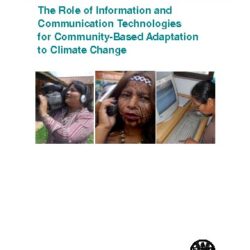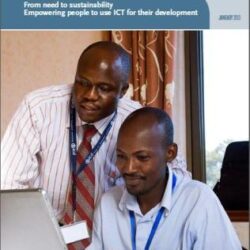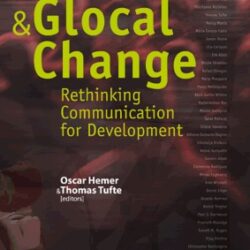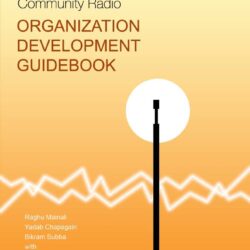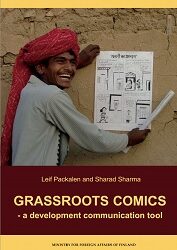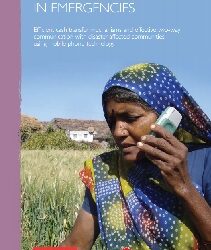The Role of ICTs for Community-Based Adaptation to Climate Change
[2011] This publication is a state-of-the-art overview on the application of communication and ICTs for community-based livelihood adaptation to climate change. It is crucial to identify information and communication systems, particularly for poor smallholder farmers, in order to have access to scientific and technological advances that can support their agricultural decision-making. As a result, research must be reported and communicated in such a way that policy makers can support the

